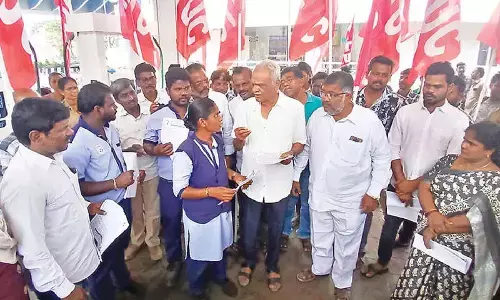Staying Healthy During Ramadan Fasting: Essential Tips

As the holy month of Ramadan commences, it brings with it the tradition of fasting, a spiritual practice observed by millions worldwide. During this period of abstention from food and drink from dawn till sunset, it becomes imperative to prioritize physical well-being. Here are some essential tips to ensure a healthy fasting experience during Ramadan, enabling individuals to remain energized and revitalized throughout the day.
1. Stay Hydrated:
Begin and end each fast with ample hydration by consuming generous amounts of water. Additionally, incorporate water-rich foods such as cucumbers, watermelons, and soups during non-fasting hours to maintain optimal hydration levels.
2. Balance Your Diet:
Maintain a balanced diet consisting of complex carbohydrates, lean proteins, healthy fats, and fiber to sustain energy levels and manage hunger pangs. Avoiding fried or sugary foods helps in preventing digestive discomfort during fasting.
3. Start with a Nutritious Breakfast:
Kickstart your day with a nutritious breakfast comprising slow-digesting foods like oats, whole grains, eggs, and yogurt to replenish energy levels gradually. Steer clear of caffeine and high-sodium foods to prevent dehydration.
4. Incorporate Moderate Exercise:
Engage in light to moderate exercise during non-fasting hours to enhance blood circulation and uplift mood. Activities such as walking, yoga, or stretching exercises promote relaxation and well-being.
5. Practice Mindful Eating:
Adopt mindful eating habits by chewing food thoroughly, eating slowly, and savoring each bite. This practice aids in controlling appetite and prevents overeating during non-fasting hours.
6. Choose Nutrient-rich Foods:
Opt for nutrient-dense foods like fruits, vegetables, nuts, seeds, and legumes to fulfill essential nutrient requirements during Ramadan. These foods are rich in vitamins, minerals, and antioxidants, contributing to overall health and vitality.
7. Maintain Hygiene Standards:
Ensure proper hygiene practices by frequent hand washing, safe food handling, and keeping food preparation areas clean. This reduces the risk of food-borne illnesses and gastrointestinal issues during fasting.
8. Manage Stress Effectively:
Combat stress through relaxation techniques such as deep breathing exercises, meditation, and prayer. Spending quality time with loved ones and seeking support from healthcare professionals, if necessary, can also alleviate stress during fasting.
9. Listen to Your Body:
Pay attention to your body's signals and adjust your fasting routine accordingly. If you experience fatigue or excessive thirst, consider taking a break from fasting and replenishing your body with essential nutrients and fluids.
By following these guidelines, individuals can observe Ramadan fasting while prioritizing their physical health and well-being, ensuring a refreshing and fulfilling experience throughout the holy month.








